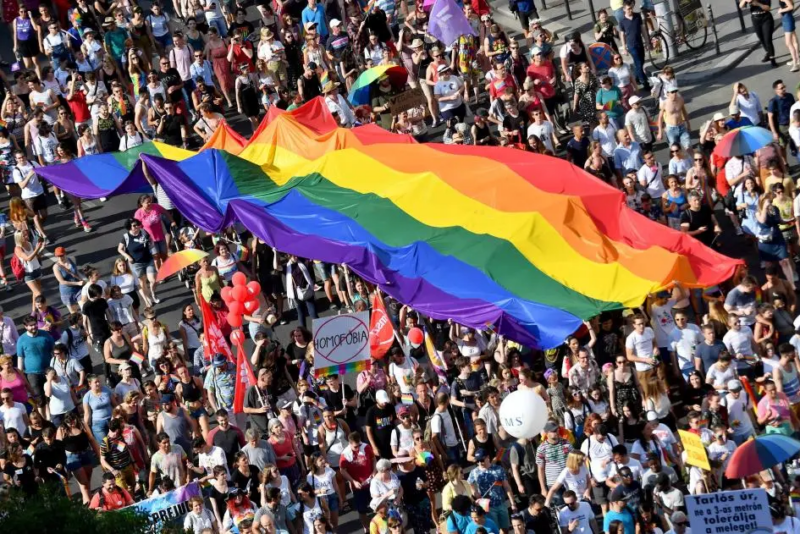Hungary’s parliament has taken a hardline stance on LGBTQ+ rights, officially embedding a ban on public LGBTQ+ events into the country’s constitution. The amendment, passed on Monday with 140 votes in favor and just 21 against, strengthens a controversial law introduced last month that already barred gay pride parades and granted authorities the right to use facial recognition to identify—and fine—participants.
The ruling Fidesz party, led by Prime Minister Viktor Orbán, has defended the move as part of a broader campaign to shield children from what it labels “woke ideology” and the influence of “the international gender network.” Orbán, who proudly touts his brand of “illiberal democracy,” praised the outcome, declaring on X, “In Hungary, common sense matters.”
The updated constitution now explicitly prioritizes children’s moral and spiritual development over all other rights—except the right to life. It also enshrines the traditional Christian view of marriage as a union between one man and one woman, and affirms that individuals must self-identify in accordance with their birth sex.
Not everyone was cheering. In a dramatic display of dissent, pro-EU opposition politicians and LGBTQ+ activists attempted to block access to the parliament building by forming a human chain at the parking garage. Police broke up the protest, arresting several demonstrators who had bound themselves together with zip ties. Inside the National Assembly, opposition lawmakers tried to derail the session by blasting air horns—though the vote carried on undeterred.
David Bedo, a member of the Momentum party, didn’t mince words: “For 15 years, Orbán has chipped away at democracy and the rule of law. Now he’s just hitting fast forward.”
The move is likely to deepen Hungary’s rift with Brussels. The European Commission has already taken legal action against Budapest over its 2021 law banning LGBTQ+ content for minors and has withheld billions in EU funds over ongoing concerns about human rights violations.
While Orbán’s government insists it’s safeguarding national values and protecting youth, critics argue it’s yet another step away from democratic norms—and a glaring assault on freedom of expression and assembly.




